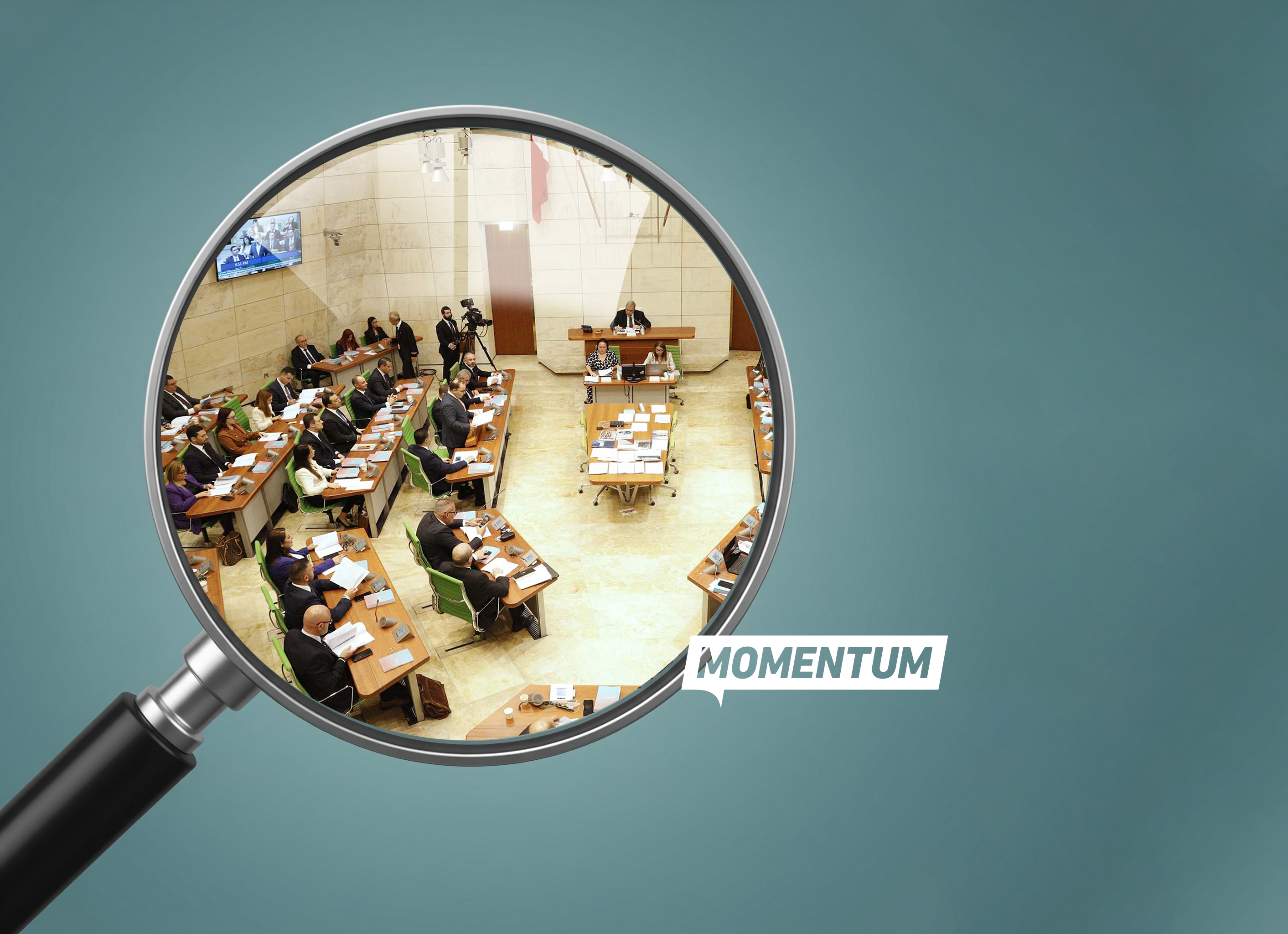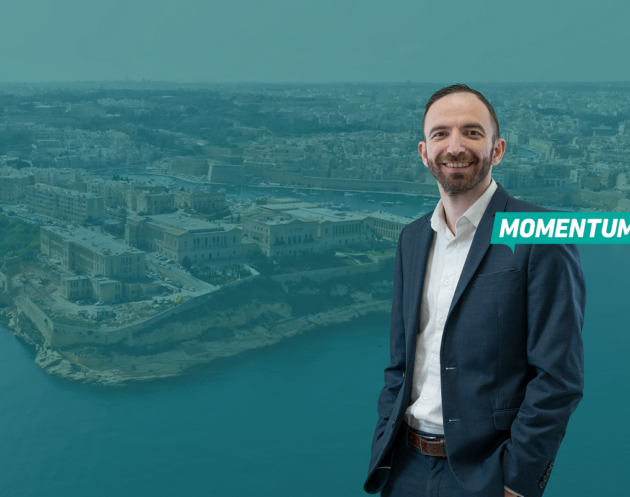Audit every state asset, open every file – Mark Camilleri Gambin on TimesOfMalta

For the second year in a row, the Prime Minister has decided that the private wealth of his cabinet is a state secret. He’s using the shield of “cabinet secrecy” to block requests for the 2023 asset declarations, completely ignoring orders from both the Data and Standards Commissioners to release them. Newsrooms that dare to ask are met with a wall of silence.
So, why the panic? This obsessive secrecy flies in the face of their own promises of transparency. But it gets worse. When past declarations have eventually been dragged into the light, watchdog journalists at the Times of Malta and The Shift News exposed them as a complete sham. We’re talking copy-and-paste jobs, missing properties, hidden bank accounts, and assets valued at laughably low prices. These aren’t clerical errors; they are giant red flags that point to politicians getting mysteriously wealthy while in office.
And let’s be clear: this type of rot isn’t confined to one party. Both PL and PN have benefited from this murky system for years, allowing potential conflicts of interest and personal enrichment to flourish in the dark.
Momentum is here to turn on the lights. We believe the most powerful anti-corruption tool is also the cheapest: radical transparency. The people of Malta deserve a crystal-clear, real-time view of where their money goes and who is profiting.
This shouldn’t require journalists to beg for scraps of information. To fix this, we are proposing a legislative package that will flip the default setting from secrecy to disclosure.
Our plan is built on three pillars:
1. Real Audits, Real Consequences.
Let’s be honest: the current “honor system” for declaring assets is a joke. Our proposed Public Integrity Act would mandate that the National Audit Office professionally audit every elected official’s asset statement within 90 days of taking office, and every year after. This won’t be a simple box-ticking exercise.
The Act gives the Auditor General the power to get bank statements, property records, and tax data to verify everything. If an official lies or hides something? They won’t just get a slap on the wrist. They will face criminal prosecution.
2. Open the Government’s Books
The excuse of “commercial confidentiality” has become a smokescreen to hide how billions of your euros are spent. Our Public Spending Ledger Bill makes that impossible. It mandates a live, open-data ledger showing every single euro spent by the government. Every contract, every invoice, every final payment will be published automatically in a searchable format. We will create a public contract library, ensuring every single side-letter and backroom deal is there for all to see. Secrecy clauses in state contracts will be outlawed.
3. An Unbreakable Right to Information.
The Freedom of Information Act has been twisted into a weapon by ministries to create endless delays and deny legitimate requests. We will replace it with the Open Malta Act, which changes the entire principle. Information will be published by default, not just released on request. The ministerial veto, which lets the government muzzle its own watchdogs, will be gone. The deadline for requests will be enforced to 25 working days, and any official who ignores a legally binding order to release information will pay daily fines from their own pocket.
This isn’t just a wish list; here’s a summary of our concrete plan:
- Audit on day one. Every elected official’s asset statement will be examined by the National Audit Office within 90 days of them being elected, then yearly. False or incomplete entries will trigger criminal prosecution.
- Transparency-by-default. Every euro Ministries and government agencies spend – tenders, invoices and final payments – will appear on an open-data ledger updated in real time. “Commercial confidentiality” will never override the public’s right to know.
- Absolute FOI. The ministerial veto disappears. Response time drops enforced at 15 working days. Officials who ignore binding rulings will pay daily fines from their own pocket.
So, we have a simple question for every MP and party candidate before Parliament meets again: Will you open your books to an independent audit for the people who pay your salary?
Yes or no?
There is hope, you can help!
Join Momentum and build a better Malta. Volunteer, donate, or subscribe today!





